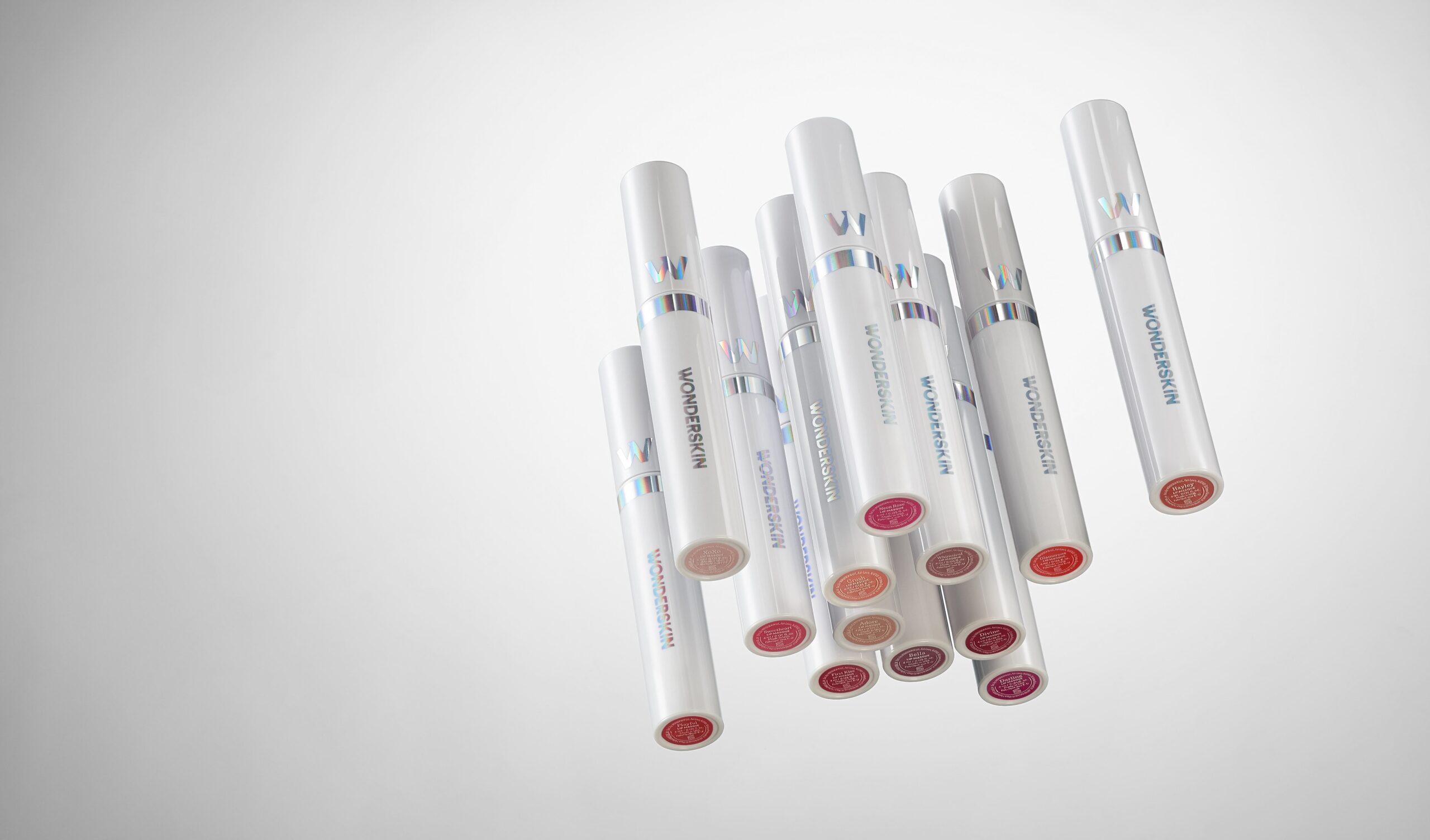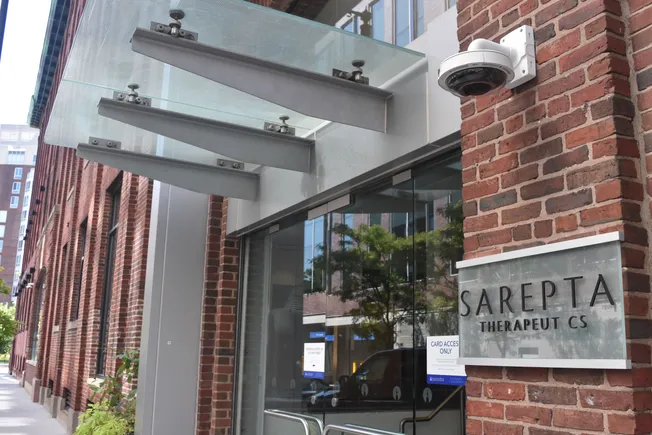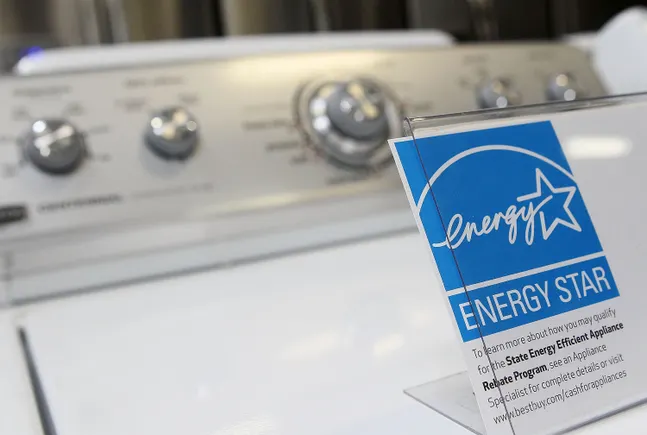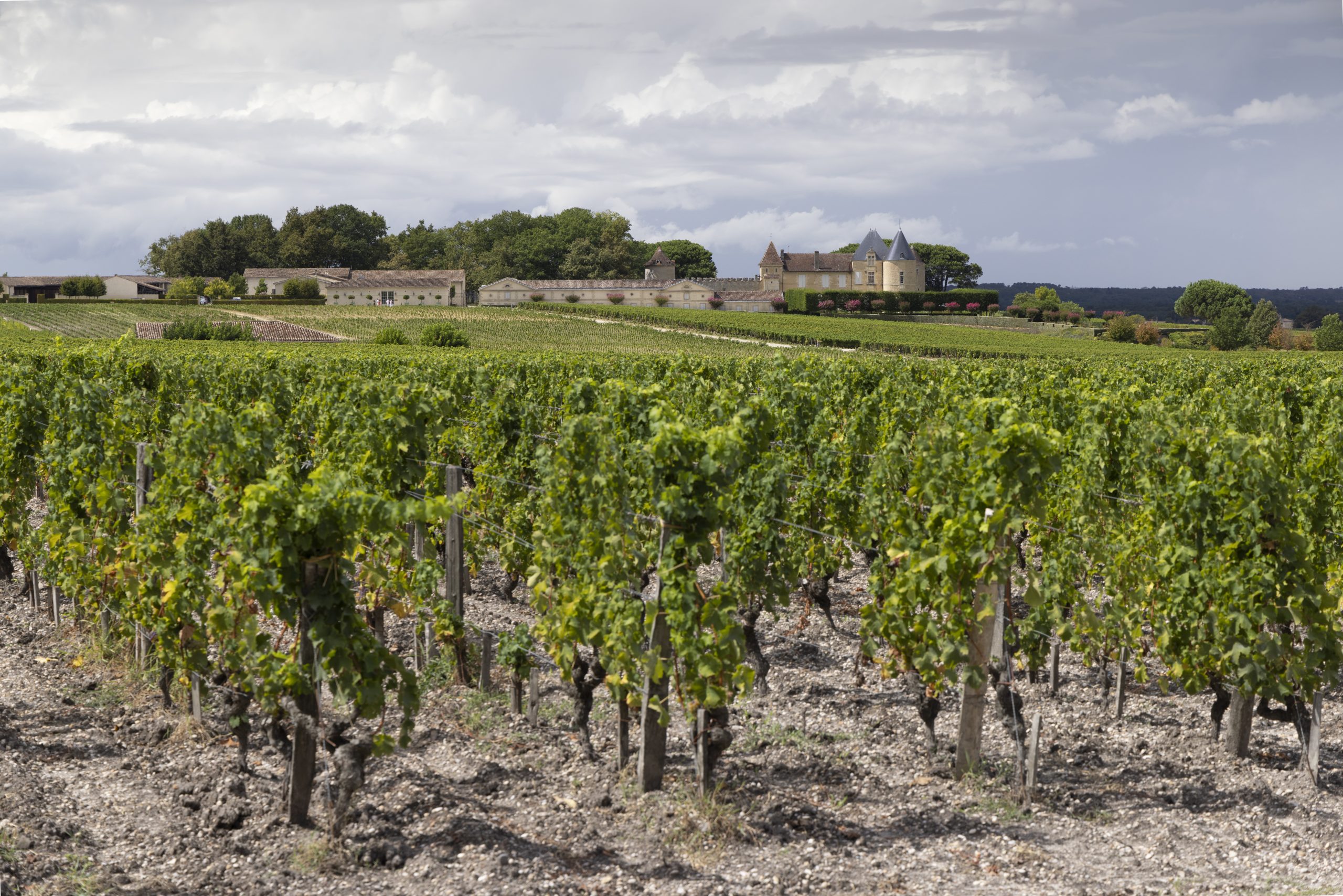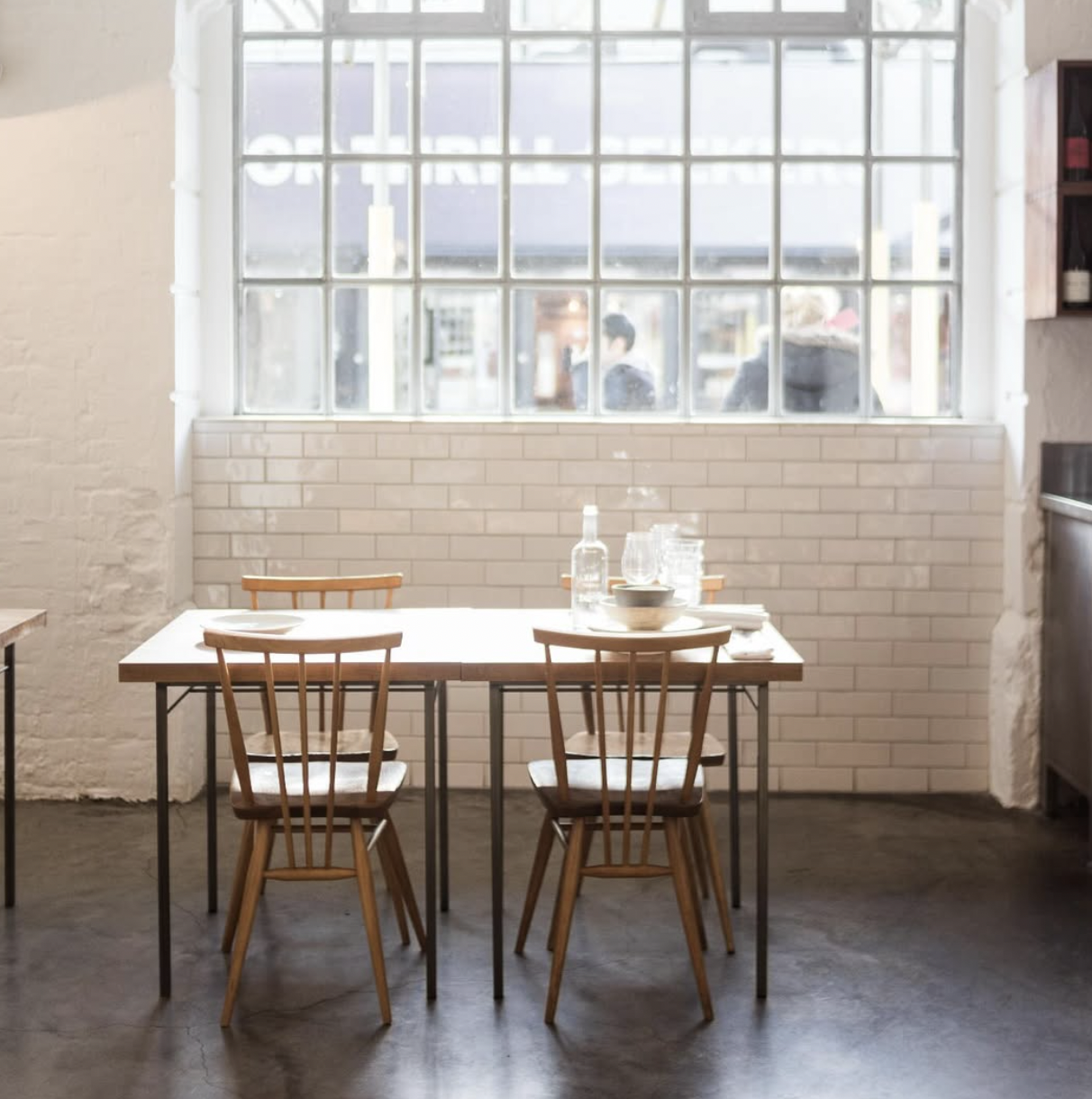Bijou takes representation seriously, advocating for women in its current projects and paying tribute to the generations of women who built the French wine industry.

The world of wine is, fortunately, becoming more diverse. While there is still work to do, women are increasingly leading companies and putting their stamp on the industry. For instance, now
close to half of new Masters of Wine earning the title are women; significant progress, when the two magic letters ‘MW’ were once largely to the benefit of men in the trade.
Yet it was not always so. For centuries, and even into recent decades, men dominated the industry. That was certainly true in Bijou’s homelands in the south of France. As wineries could prove to be big business, the patriarchal logic dictated that they should be under the control and the name of a man. There were, of course, exceptions, but these were usually by happenstance. The Widow Clicquot, for instance, was arguably the most famous woman in the wine industry before the 20th century, and yet her position was inherited.
Any gender imbalance in the world of wine is a problem. For starters, there is the case to better recognise the work of women. They may not often have seen their names on bottles, but women have always been vital to the wine industry. In an agricultural sector that demands commitment often from the whole household, the world’s vineyards and cellars have always been home to women. Their roles, of course, became even more vital when war would take men away from the business.
Moreover, there is a commercial imperative. Women are key decision makers for the global wine trade. Studies indicate that, in the UK, women purchase more wine than their share of the population, with different studies indicating that they buy from 55% even up to 80% of the wine sold in the country. In the US, that figure has been estimated at 59%.
Hence Bijou has taken action. In its thoughtful tribute to women from its southern corner of France, as well as its initiatives to support the industry today, Bijou is proud to put women at the centre of its work.
The story of a pioneer
Across southern France – Bijou sources from Languedoc terroirs such as Coteaux de Béziers, Vallée du Paradis and Haute Vallée de l’Aude, as well as Provence – the landscape is truly agricultural. These vineyards are blessed with Mediterranean influence and diverse geography, meaning they have long been home to winemakers. Although Bijou selected them as ideal sites for sustainable, high-quality winemaking, the local history must have had some appeal too.
The further Bijou has explored the Languedoc’s local history, the more the producer has been inspired by its growers and vignerons. In particular, digging below the surface, Bijou has uncovered narratives of the pioneering women who helped make the region the hub for high-quality winemaking that we now know.
These were the women who undertook tough work in the vineyard. They were the women who helped to craft its emblematic wines, even if their work was not recognised. There are even stories of remarkable rebellions, of women who fought for dignified working conditions, better recognition and the respect of winery owners.
Their stories are too many to list, and although history remembers some pioneers, others have been lost. Hence Bijou uses its range to pay tribute to Sophie Valrose, an everywoman figure who can encompass these histories, both remembered and forgotten.
Le Bijou de Sophie Valrose is a range that encompasses the emblematic styles and varieties of the Languedoc, sourced from its top terroirs. Its quality is proven, winning Gold medals at the last two editions of the Global Rosé Masters and finding listings in hotels and restaurants across Europe. Yet, while offering drinkers a taste of the Mediterranean, its clear branding also serves as tribute to the women who have built the Langudedoc wine trade.
A modern commitment
Bijou’s commitment, however, is very far from being stuck in the past. In the company’s own business practices, it seeks to continue the legacy of Sophie Valrose and to ensure that women get a fair share of representation in today’s wine industry.
That begins internally, with investment in Bijou itself. Meaningful recruitment opportunities mean that women are a key part of the team. Once involved, investment in individuals means that personal growth is not only for those with pre-existing privilege. This serves the company well: it can thrive with a diverse range of perspectives and talents.
That further extends to Bijou’s partners. Working with many growers, it advocates for equal opportunities for the women providing many of its high-quality raw materials. Bijou also finds opportunities to support women in its collaborations. The women it brings into the fold include viticulturists, winemakers, marketers, influencers and entrepreneurs – a diverse crowd that ensures talent is recognised.
It then goes further by sponsoring events that celebrate female talent. These networking opportunities can be vital in an industry still sometimes characterised as an ‘old boys’ club’. Bijou also supports mentorship programmes, ensuring that women can share their experience with new talent.
Wine can be a great relaxation, but it can also give pause to think. Whether it is Sophie Valrose herself, an early pioneer, or the women shaping the industry today, it’s refreshing to think that raising a glass of Bijou might promote the innovation and dedication of the women who have shaped the wine industry.

 The world of wine is, fortunately, becoming more diverse. While there is still work to do, women are increasingly leading companies and putting their stamp on the industry. For instance, now close to half of new Masters of Wine earning the title are women; significant progress, when the two magic letters ‘MW’ were once largely to the benefit of men in the trade.
Yet it was not always so. For centuries, and even into recent decades, men dominated the industry. That was certainly true in Bijou’s homelands in the south of France. As wineries could prove to be big business, the patriarchal logic dictated that they should be under the control and the name of a man. There were, of course, exceptions, but these were usually by happenstance. The Widow Clicquot, for instance, was arguably the most famous woman in the wine industry before the 20th century, and yet her position was inherited.
Any gender imbalance in the world of wine is a problem. For starters, there is the case to better recognise the work of women. They may not often have seen their names on bottles, but women have always been vital to the wine industry. In an agricultural sector that demands commitment often from the whole household, the world’s vineyards and cellars have always been home to women. Their roles, of course, became even more vital when war would take men away from the business.
Moreover, there is a commercial imperative. Women are key decision makers for the global wine trade. Studies indicate that, in the UK, women purchase more wine than their share of the population, with different studies indicating that they buy from 55% even up to 80% of the wine sold in the country. In the US, that figure has been estimated at 59%.
Hence Bijou has taken action. In its thoughtful tribute to women from its southern corner of France, as well as its initiatives to support the industry today, Bijou is proud to put women at the centre of its work.
The world of wine is, fortunately, becoming more diverse. While there is still work to do, women are increasingly leading companies and putting their stamp on the industry. For instance, now close to half of new Masters of Wine earning the title are women; significant progress, when the two magic letters ‘MW’ were once largely to the benefit of men in the trade.
Yet it was not always so. For centuries, and even into recent decades, men dominated the industry. That was certainly true in Bijou’s homelands in the south of France. As wineries could prove to be big business, the patriarchal logic dictated that they should be under the control and the name of a man. There were, of course, exceptions, but these were usually by happenstance. The Widow Clicquot, for instance, was arguably the most famous woman in the wine industry before the 20th century, and yet her position was inherited.
Any gender imbalance in the world of wine is a problem. For starters, there is the case to better recognise the work of women. They may not often have seen their names on bottles, but women have always been vital to the wine industry. In an agricultural sector that demands commitment often from the whole household, the world’s vineyards and cellars have always been home to women. Their roles, of course, became even more vital when war would take men away from the business.
Moreover, there is a commercial imperative. Women are key decision makers for the global wine trade. Studies indicate that, in the UK, women purchase more wine than their share of the population, with different studies indicating that they buy from 55% even up to 80% of the wine sold in the country. In the US, that figure has been estimated at 59%.
Hence Bijou has taken action. In its thoughtful tribute to women from its southern corner of France, as well as its initiatives to support the industry today, Bijou is proud to put women at the centre of its work.






















































